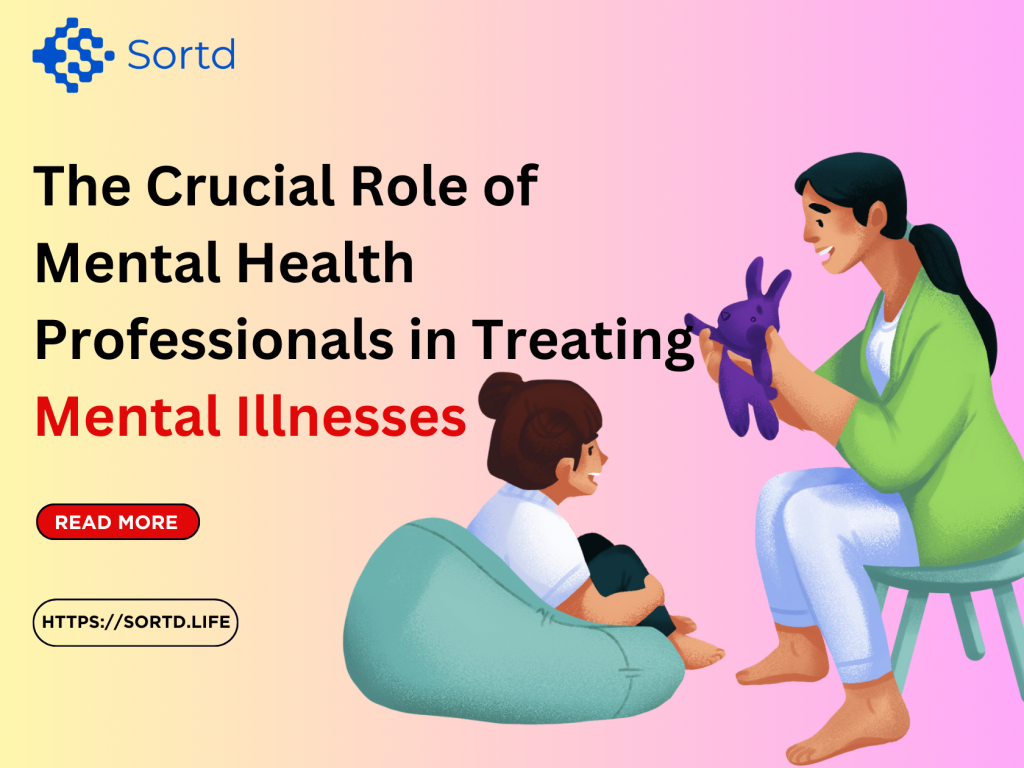
The Crucial Role of Mental Health Professionals in Treating Mental Illnesses
Mental health is a vital component of overall well-being, influencing how we think, feel, and behave. Unfortunately, millions of people worldwide grapple with mental illnesses, ranging from anxiety and depression to more severe conditions like schizophrenia and bipolar disorder.
In the pursuit of mental well-being, the role of mental health professionals cannot be overstated. These dedicated experts play a pivotal role in diagnosing, treating, and supporting individuals on their journey to recovery.
1. Understanding Mental Health Professionals:
Mental health professionals encompass a diverse array of experts, each specializing in distinct aspects of mental health care. Psychologists, psychiatrists, social workers, counselors, and psychiatric nurses are just a few examples of the professionals who contribute to the multidimensional field of mental health.
2. Diagnosis and Assessment:
Mental health professionals are trained to recognize the signs and symptoms of various mental illnesses. Through careful assessment, they employ standardized tools and interviews to diagnose conditions accurately. This initial step is crucial, as it forms the foundation for developing personalized treatment plans tailored to the unique needs of each individual.
3. Treatment Planning:
Once a diagnosis is established, they collaborate with their clients to create comprehensive treatment plans. These plans may involve a combination of therapeutic interventions, medication, lifestyle changes, and support systems. The diversity of available treatments ensures that individuals receive the most effective and suitable care for their specific condition.
4. Therapeutic Interventions:
Therapy is a cornerstone of mental health treatment. Psychologists and counselors employ various therapeutic modalities, such as cognitive-behavioral therapy (CBT), dialectical behavior therapy (DBT), and psychoanalysis, to address underlying issues, improve coping mechanisms, and foster resilience. The therapeutic relationship itself can be a powerful catalyst for healing, providing a safe space for individuals to explore their thoughts and emotions.
5. Medication Management:
For certain mental health conditions, medication may be a vital component of treatment. Psychiatrists, who are medical doctors specializing in mental health, play a central role in prescribing and monitoring medication. They work closely with their clients to adjust dosage, manage side effects, and ensure optimal medication effectiveness.
6. Crisis Intervention and Support:
In times of acute distress or crisis, they are on the front lines, providing immediate support and intervention. This may involve hospitalization, crisis counseling, or collaboration with emergency services to ensure the safety and well-being of the individual.
7. Advocacy and Education:
Beyond individual care, mental health professionals engage in advocacy and education efforts. They work to reduce the stigma surrounding mental illnesses, promote awareness, and advocate for policies that support mental health at both individual and societal levels. Education is a powerful tool for prevention, early intervention, and fostering a more compassionate understanding of mental health issues.
Conclusion:
Their expertise, compassion, and dedication contribute significantly to the well-being of individuals and communities alike. As society continues to recognize the importance of mental health, supporting and empowering them becomes paramount. Connect with a Mental Health Counselor in London

